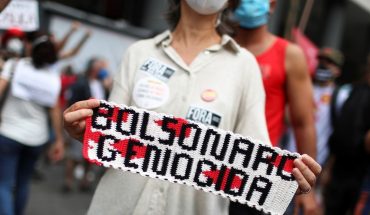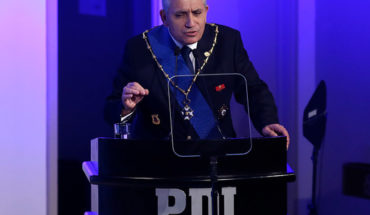Rio de Janeiro.-a parade of children and adolescents waiting for adoption in a mall in central-western Brazil provoked a wave of indignation, before an event that was compared to an animal or slave fair. ” Adoption on the catwalk “was the name of the parade that took place on Tuesday in the shopping Pantanal, in Cuiabá, the capital of the state of Mato Grosso, in order to” give visibility to children and adolescents who are eligible for adoption. ” The event was organized by the local headquarters of the Association of Research and Support for adoption (cover) and the Order of Lawyers of Brazil (OAB). It is a night for prospective adoptive parents to meet these children and adolescents. People can have more information about adoption and the children and adolescents will have a special day in which they will arrange for this catwalk, “said, quoted by local media, Tatiane de Barros Ramalho, President of the Commission on Children and Youth of the OAB.
Illustrative. Photo PxHere
News of the parade unleashed a wave of criticism on social networks, which was kept alive this Thursday, with a conviction request that collected some 1,000 signatures. The organisers alleged that none of the children and young people were forced to participate.
“Selling animals or slaves?” wrote Juarez Ternus in Twitter.Es “shameful,” wrote another user, who compared the parade to “a children’s exhibition fair, as a cattle market.”
Like the slaves, did they show their teeth? “wrote Silvia Morgan.
The National Secretariat for the Rights of children and adolescents expressed their “concern” for that type of activity. The OAB of Mato Grosso argued on its Facebook page that the organizers ‘ objective was never to introduce children and adolescents to the families to achieve adoption.
They admitted, however, that two of the teenagers who participated in a previous edition were adopted.
The OAB-MT and shelter reject any distortion of this event by associating it with a dark period of our history.
Some Internet users also justified the runway.
“These parades made it possible to change the lives of many children,” wrote Julo Resende, who presents himself as a member of “a very grateful adoption family” with the work of the sponsors. Brazil abolished slavery in 1888, more than six decades after independence from Portugal and 25 years later than in the United States. Echoes of that period continue to resonate in the country, confronted with numerous situations of everyday racism.
More than 9,500 children and adolescents are waiting to be adopted in the South American country, according to figures from the National agency of adoption disclosed this week by the state agency Brasil.
Original source in Spanish





